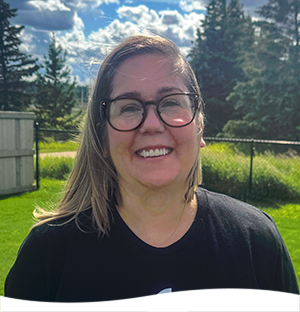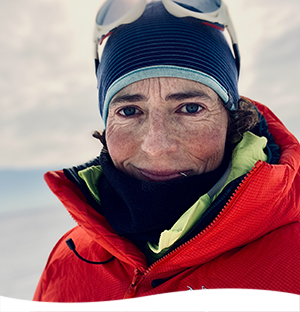As part of the Intergovernmental Panel on Climate Change (IPCC) Cities Conference in Edmonton, TRI and several of Alberta’s Indigenous groups, their global south partners, and the Government of Alberta co-created a series of dialogues on the importance of Indigenous and scientific knowledge systems working together toward climate change resilience.
The overall aim of the dialogues was to create a welcoming space for Indigenous knowledge holders to share their stories and views with the scientific community that in turn would:
- provide inspiration to IPCC conference attendees, particularly in viewing climate challenges differently;
- inspire a process for knowledge exchange between Indigenous and non-Indigenous knowledge holders that could be replicated in future IPCC meetings; and
- ignite interest in Indigenous knowledge holders, including youth to spur climate change action in their urban and rural environments.
The collaboration provided a replicable process for engaging Indigenous Peoples’ in meaningful ways and encouraging a pathway for meaningful Indigenous engagement that could help strengthen the IPCC’s contribution to the 2030 Agenda for Sustainable Development.





